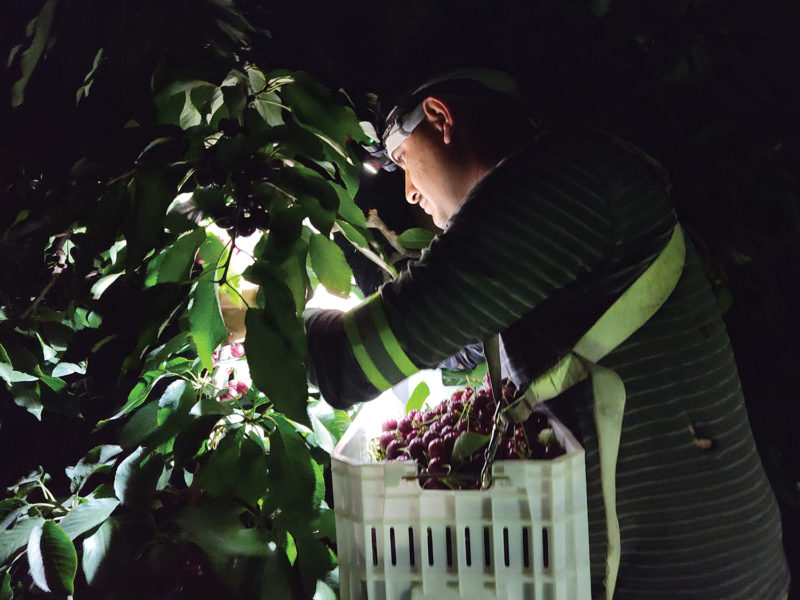SURREY – Three days of record-setting temperatures at the end of June made for sweat-soaked chores for many farmers, but cattle and poultry producers also faced the challenge of keeping their animals cool, too.
Poultry producers were especially vulnerable, as birds don’t sweat, meaning they can’t cool down.
Broiler producers in the Fraser Valley lost approximately 400,000 birds, or about 20% of the week’s production.
“It’s very, very bad and devastating for the growers that lost them,” says Bill Vanderspek, executive director of the BC Chicken Marketing Board.
While breeders, egg producers and turkey growers also saw losses from the heat wave, Vanderspek said broiler birds are more vulnerable because they tend to be younger and grow quickly.
BC Egg Marketing Board executive director Katie Lowe said about 4% of BC laying hens fell victim to the heat, primarily in the Fraser Valley and on Vancouver Island. This amounts to more than 130,000 birds.
“The one thing we have going for us is new facilities with tunnel ventilation,” said Lowe. “Those systems seem to do very well.”
Growers with ventilation systems to protect their flocks can obtain heat prostration insurance, Vanderspek says. Many of his growers who lost birds will be filing claims.
Smaller producers also saw losses.
TJ Walkem of 60 Ranch in Spences Bridge lost half his chickens to the heat, in sharp contrast to his beef cattle. The ranch’s herd of 265 animals were able to find cool spots during the day.
Agassiz dairy farmer Julaine Treur of Creekside Dairy said the heat was tough on her animals, with production down significantly. But at least they could sleep under fans at night.
“They’re not off feed, and they’re still chewing their cud while relaxing under the huge barn fans,” she said. “They spend their nights on pasture where it’s slightly cooler.”
Wool coats – the last thing most people want in a heat wave – was also no picnic for sheep.
BC Sheep Federation president Barbara Ydenberg of Wind’s Reach Farm in Langley said her flock sought out shade but those locations are also coyote-friendly nooks. This meant some producers were forced to watch over their herds by day, leaving shepherds vulnerable to the extreme heat.
Some unshorn sheep suffered acute discomfort.
While shearing a heat-stressed sheep isn’t something Ydenberg recommends, she said one producer had no choice. A black sheep was hand-shorn during the heat wave, cooling it down and saving it from a traumatic death.


 Fruit growers face hard choices
Fruit growers face hard choices